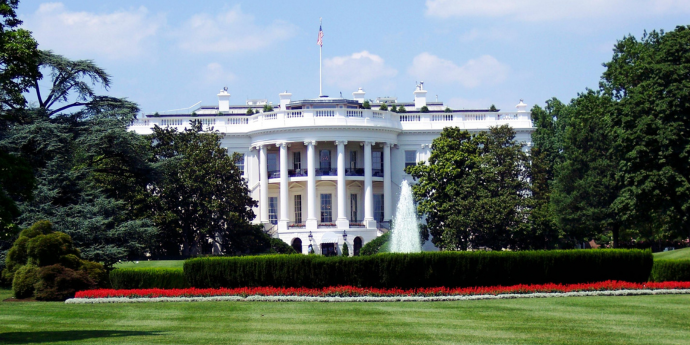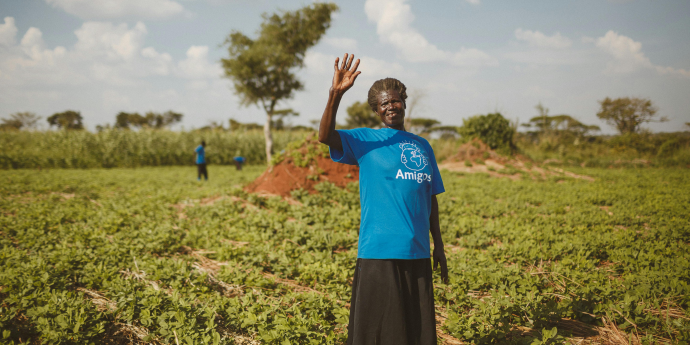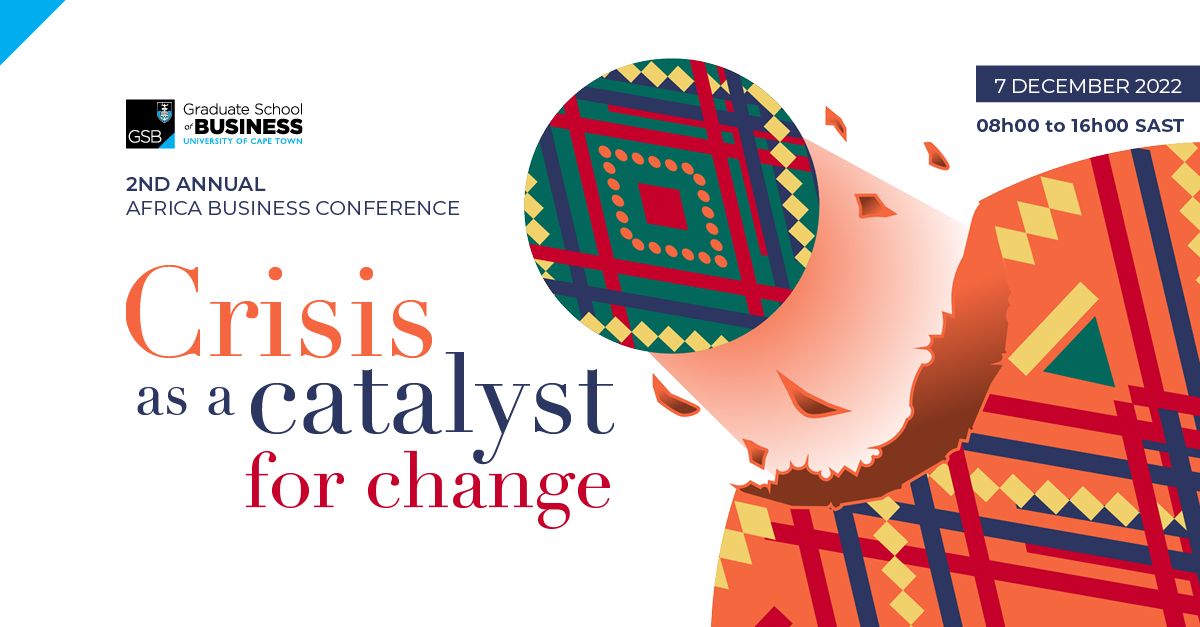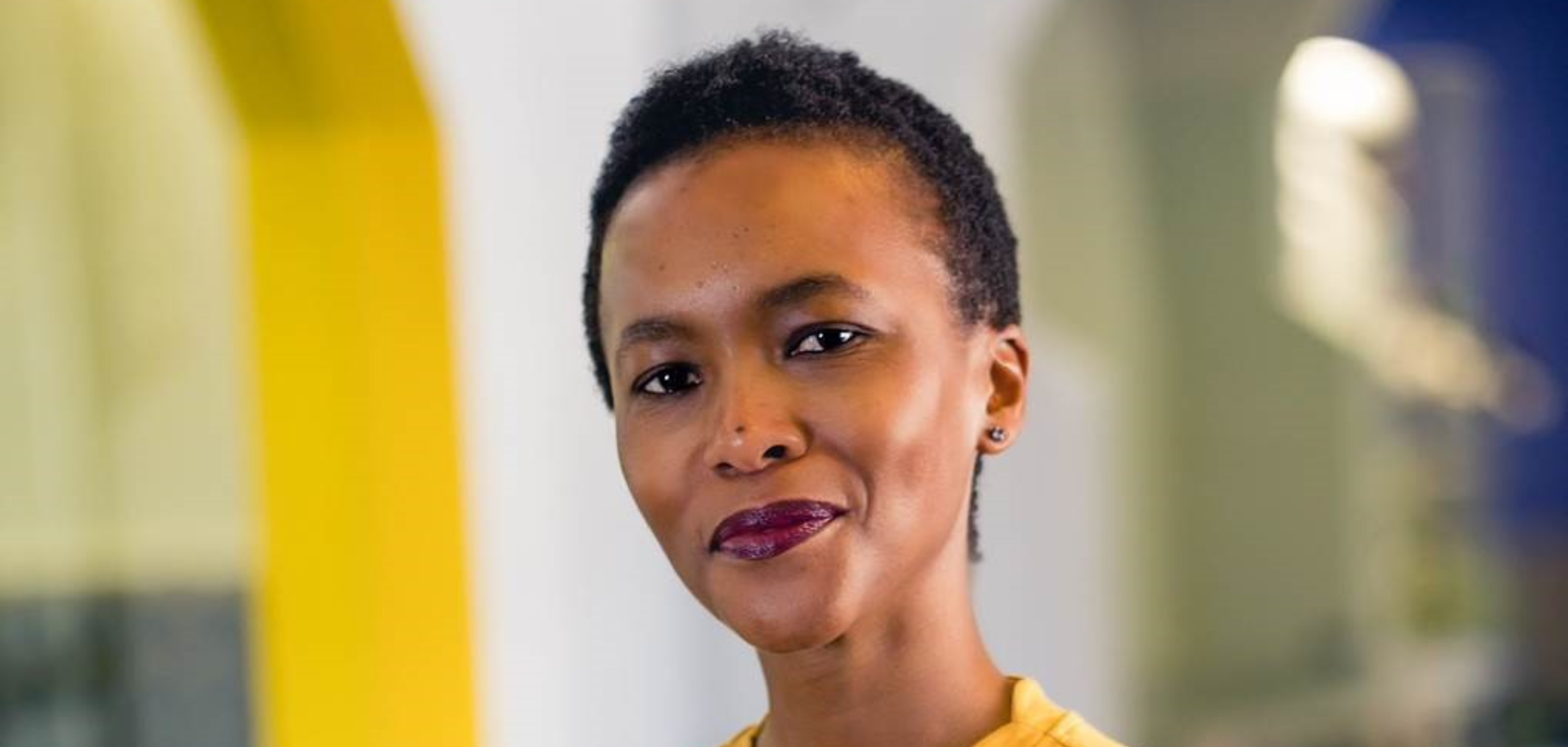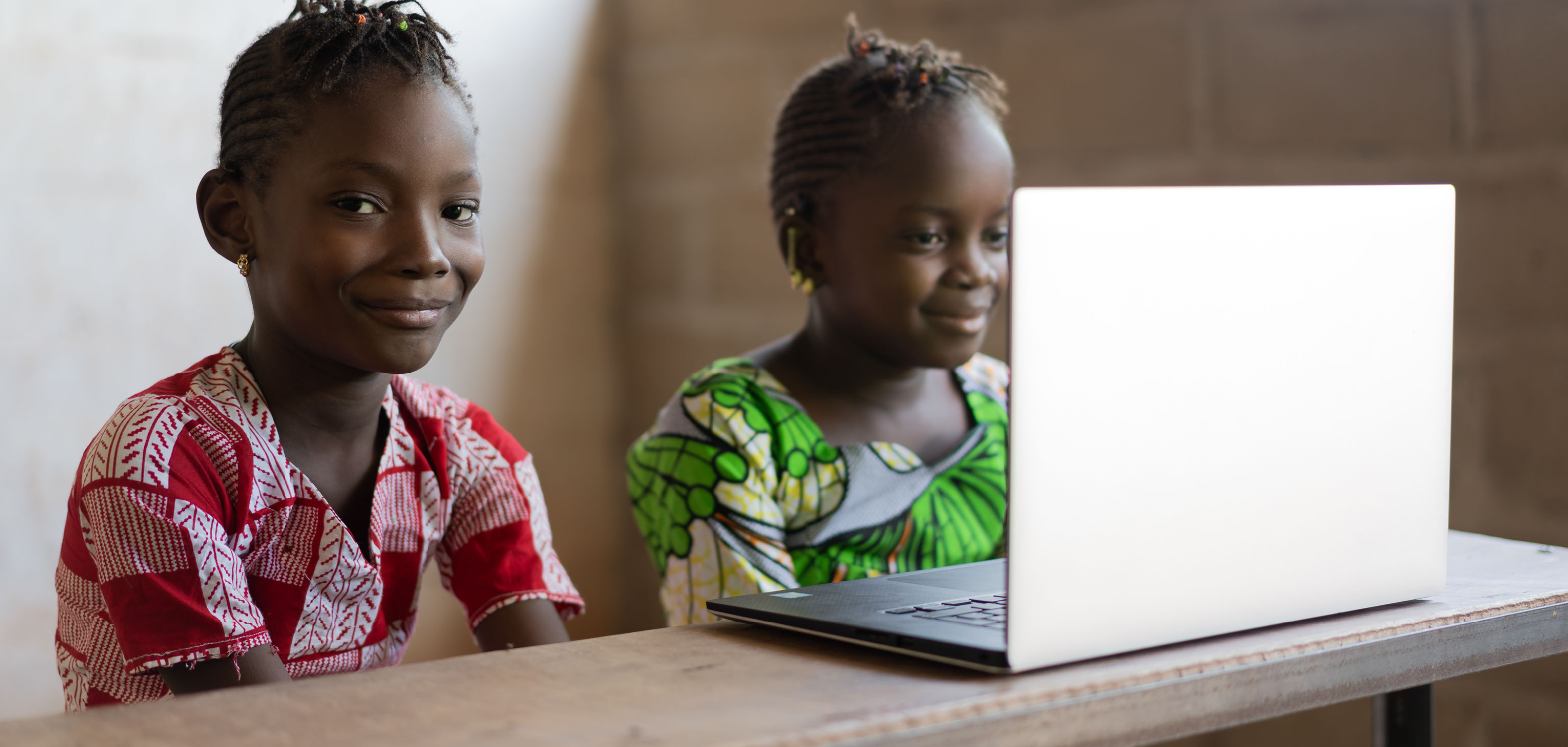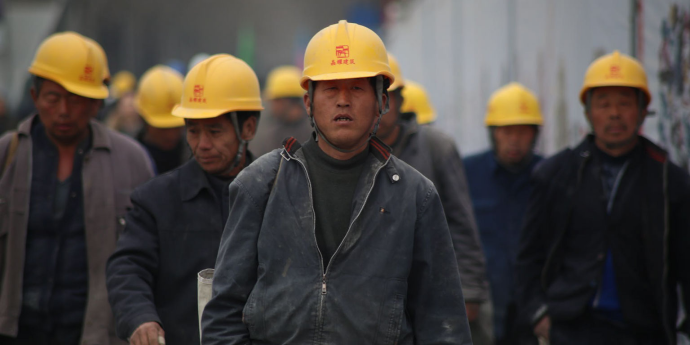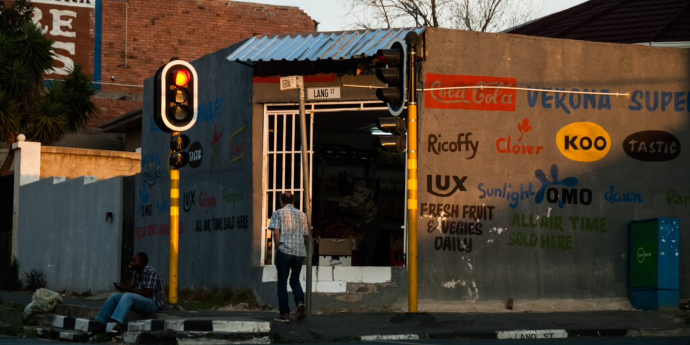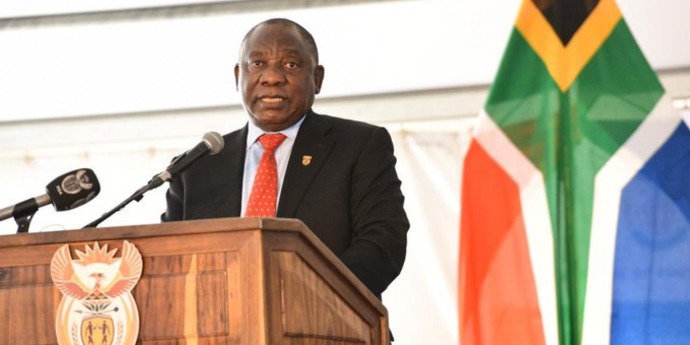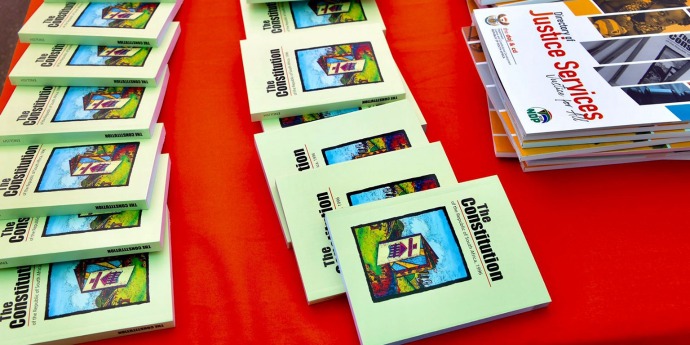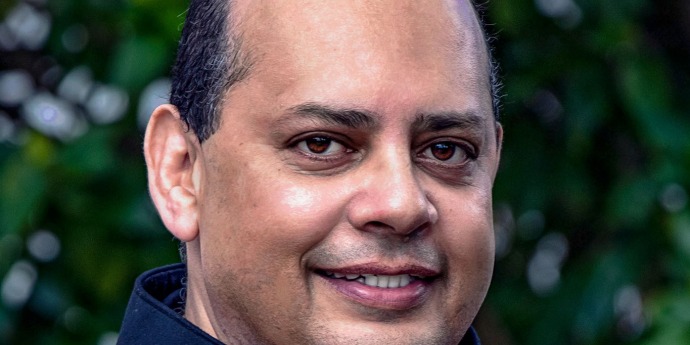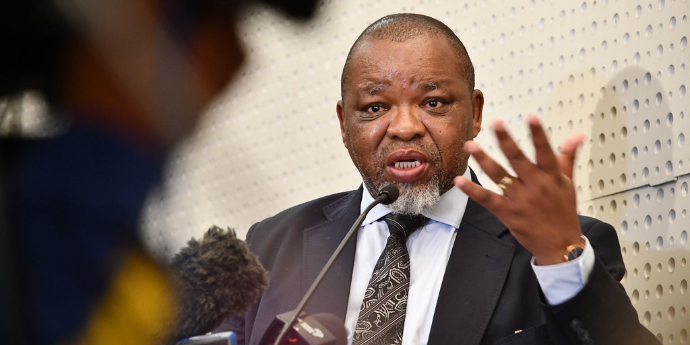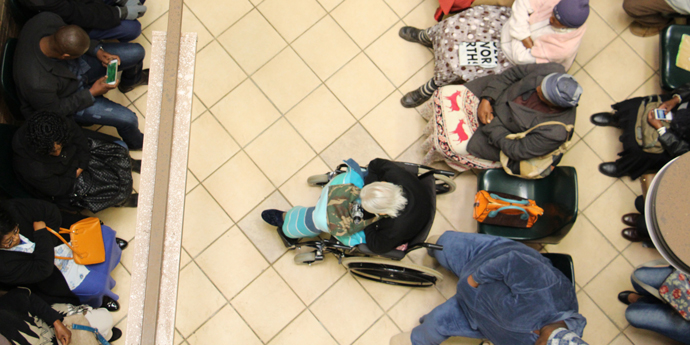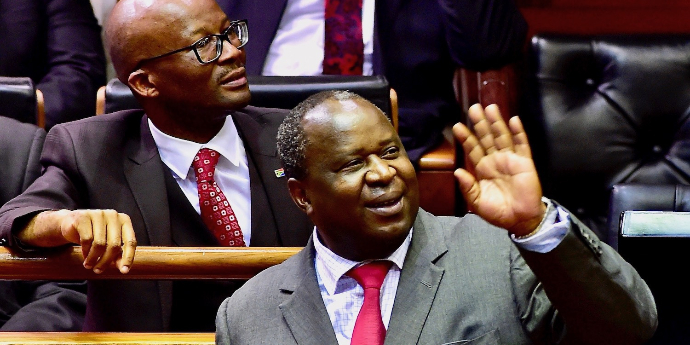South African youth unemployment is unacceptably high at 55.2%. This means that over half of those aged between 15 and 34 are not gainfully employed or generating their own income.
This is a complex problem, deeply rooted in a combination of historical, socio-economic and developmental causes. And it is going to be extremely difficult to solve it. Nevertheless, one currently underutilised and potentially powerful tool for addressing this issue is development finance — an emerging discipline that aims to serve especially underserved people and communities beyond the remit of mainstream finance.
In his book Development Finance: Innovations for Sustainable Growth, Professor Nicholas Biekpe, director of the Development Finance Centre (DEFC) at the UCT Graduate School of Business (UCT GSB), outlines how development finance can help address Africa’s development gaps in three key ways: through both commercial and not-for-profit initiatives as well as through training people in the relevant skills and attitudes to spread this approach.
1. Impact investing: Doing good while doing well
When Old Mutual set up its School and Education Investment Impact Fund back in 2011, the market did not really know what to make of it. The fund was trying a new approach to addressing one of the country’s most pressing challenges and one that is directly fuelling the youth unemployment crisis: education.
Education, or rather the lack thereof, is clearly an Achilles heel for youth development in SA. It is estimated up to 400 000 children drop out of school each year with very little education. Those who do pass matric or gain tertiary education still struggle to find jobs because the quality of the education they receive is sub optimal. The Old Mutual Fund attempts to “fix” this by providing debt and equity finance for school infrastructure and education-related requirements of schools, with the dual objective of delivering quality education and a commercially acceptable return for its investors. By 2019 there were approximately 21 000 learners enrolled across 36 schools benefitting from the investments, while the matric pass rate for learners in impacted schools in 2018 was an impressive 94.4%.
The Old Mutual fund was one of the first to appear in South Africa. There are more appearing as the benefits of impact investment become better understood and documented. Globally, the impact investment market is growing apace and is now worth more than half a trillion dollars, according to the most recent study compiled by the Global Impact Investing Network. Driven by interest from the more socially and environmentally conscious millennial generation, most commentators agree that the potential of impact investing is as yet largely untapped.
2. Channeling development finance for public benefit
While channelling development finance into viable commercial ventures such as the Old Mutual Education Fund can be highly effective, we must not neglect the role of not-for-profit organisations — many of which are working innovatively to tackle youth unemployment.
One such organisation is RLabs (Reconstructed Living Lab). Founded on the Cape Flats in 2008 and aimed specifically at marginalised youngsters from poor, crime-ridden areas, RLabs offers free training and skills in subjects like basic computing, digital analytics and coding, as well as marketing and project management and services.
RLabs is specifically looking to plug a crucial skills gap in the country by providing young people with relevant and in-demand skills. According to Career Junction’s Index, South Africa’s most sought-after skills and qualifications are: software development, network and information security and web development. However, education department spokesperson Lunga Nqgengele says many high school pupils choose to study in fields where there is low demand such as communications, marketing, and journalism, and as a result remain unemployed.
RLabs has impacted an estimated 9.5 million people and over the last ten years has spread to 22 countries around the world. Founder Marlon Parker says more than 80% of graduates have found jobs or have gone on to further studies. RLabs has been recognised by the World Bank, United Nations and the World Economic Forum as a future-oriented skills development initiative. Parker says, "Our programme materials are also developed with industry requirements and future opportunities in mind".
Channelling development finance into initiatives such as RLabs has the potential to create measurable, socio-economic impact in the form of economically active youth.
3. Developing young financiers for development
On a continent where jobs and skills are scarce, it is also important to prepare young Africans professionally to address this. The UCT GSB Development Finance Centre is one of only a few global universities offering a Master's degree in Development Finance (MCom) accredited by the Chartered Institute of Development Finance (CIDEF). The Centre is also developing a Postgraduate Diploma in Management Practice specialising in development finance to support the growth of Development Finance as a discipline. These degrees seek to offer finance professionals practical insight into development finance and how it can be channelled to specific targets like youth and education. “This is especially relevant as the average age of our cohorts is below 35 years,” says Professor Biekpe.
One of the graduates of the MCom in Development Finance is Bongiwe Beja, Youth Stream Manager at Youth Employment Service (YES) South Africa, who has been involved in various youth employment drives and is the curator of the Global Shapers Community in the Cape Town hub (an initiative of the World Economic Forum). Beja was instrumental in winning grant money for the LadiesInTech programme, which will train 40 unemployed young women and empower them with digital and business skills.
Beja is passionate about African development and bringing about positive change and is determined to put her development finance skills to good use for youth development. She says, “Be bold enough to believe that we are the generation that will live to see Africa developed.”
Xolisa Dhlamini is a lecturer at the Development Finance Centre based at the UCT Graduate School of Business.





